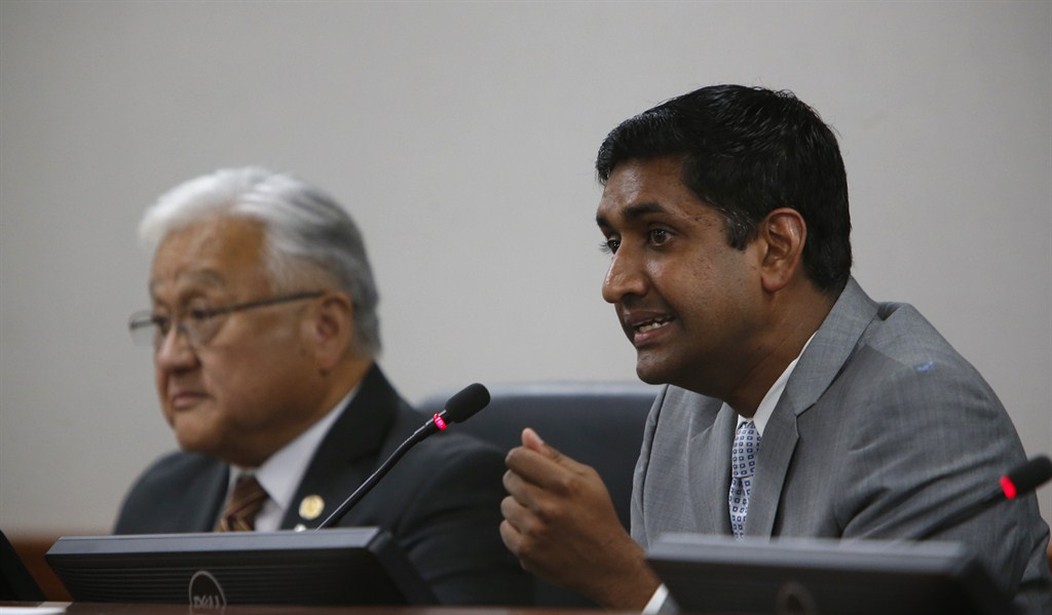As anyone who’s paying attention in the country knows, Twitter executives quashed the bombshell October 14, 2020 story from the New York Post revealing extremely damaging emails regarding the Biden family’s relationship with Ukraine/Burisma officials that were retrieved from a laptop that Hunter Biden abandoned at a Delaware computer repair shop. With less than a month before the presidential election, the information was critical for voters to have since Biden routinely claimed he had nothing to do with Hunter’s business dealings. Following Twitter’s lead in deeming the materials “hacked,” mainstream media outlets also downplayed or quashed the story, and were given a massive assist days later when more than 50 former senior intelligence officers wrote a letter calling the story “Russian disinformation.”
Late Friday afternoon, information about how this all happened was posted on Twitter through journalist Matt Taibbi. The Twitter thread shows that almost immediately the “safety and trust” team deemed the story violated the “hacked materials” policy, and placed a warning over the link and deboosted it. Eventually many, many people were booted from Twitter for merely tweeting about it, and users were unable to post a link to the story.
One interesting bit of information that’s been revealed is that on that very first day Democrat Rep. Ro Khanna, who represents the Silicon Valley area, contacted Twitter’s former head of legal, policy and trust, Vijaya Gadde, to express his concerns about “speech.” In response, as Taibbi writes, Gadde dove “into the weeds of Twitter policy, unaware Khanna was more worried about the Bill of Rights.”
30. In one humorous exchange on day 1, Democratic congressman Ro Khanna reaches out to Gadde to gently suggest she hop on the phone to talk about the “backlash re speech.” Khanna was the only Democratic official I could find in the files who expressed concern. pic.twitter.com/TSSYOs5vfy
— Matt Taibbi (@mtaibbi) December 3, 2022
As Taibbi observed, “A fundamental problem with tech companies and content moderation: many people in charge of speech know/care little about speech, and have to be told the basics by outsiders.”
32.Khanna tries to reroute the conversation to the First Amendment, mention of which is generally hard to find in the files: pic.twitter.com/Tq6l7VMuQL
— Matt Taibbi (@mtaibbi) December 3, 2022
Khanna replied with a very good take on the “hacked materials” issue and Twitter policy in light of New York Times v. Sullivan, the landmark First Amendment case. Khanna correctly points out that the Post should not be held accountable even if the materials are hacked, if their reporters weren’t the ones who hacked them. He wrote:
But this seems like a violation of 1st Amendment principles. If there is a hack of classified information or other information that could expose a serious war crime and the NYT was to publish it, I think the NYT should have that right. A journalist should not be held accountable for the illegal actions of the source unless they aided in the hack. So to restrict the distribution of that material, especially regarding a presidential candidate, seems not in the keeping of the principles of NY Times v. Sullivan.
But there is another reason Khanna wants Twitter to slow their roll:
I say this as a total Biden partisan and convinced he didn’t do anything wrong. But the story now has become more about censorship than relatively innocuous emails and it’s become a bigger deal than it would have been. It also is now leading to serious efforts to curtail Section 230 – many of which would have been a mistake.
I believe Twitter itself should curtail what it recommends or puts in trending news, and your policy against QAnon groups is all good. It’s a hard balance.
Khanna, as a veteran of many political elections, knows what he’s talking about here – when a negative story comes out about your candidate, you ignore it until you can’t. Twitter’s policy made it where the censorship became the story, and that was bad politically — even if it was simply negative for Big Tech on Capitol Hill.
The next tweets in Taibbi’s thread show that Khanna’s warning was on the money.
34.NetChoice lets Twitter know a “blood bath” awaits in upcoming Hill hearings, with members saying it's a "tipping point," complaining tech has “grown so big that they can’t even regulate themselves, so government may need to intervene.” pic.twitter.com/2EE1NlWQ5k
— Matt Taibbi (@mtaibbi) December 3, 2022
Taibbi is still tweeting, so this is “to be continued.”















Join the conversation as a VIP Member